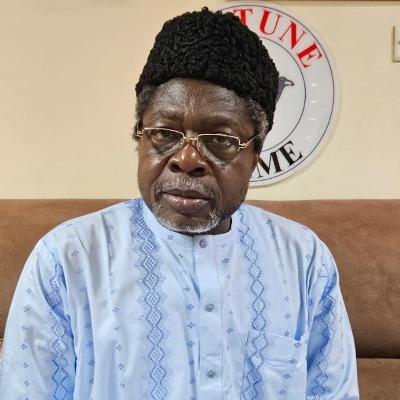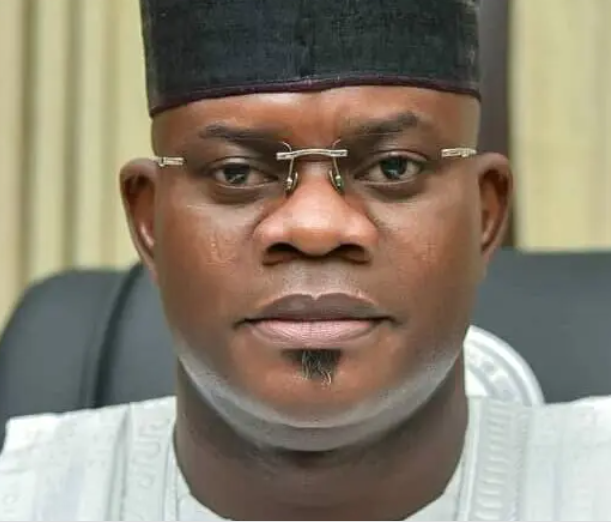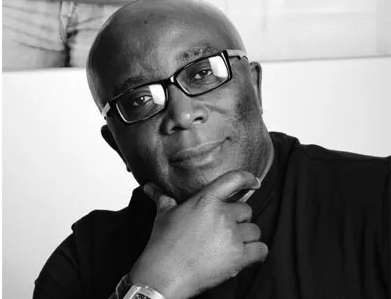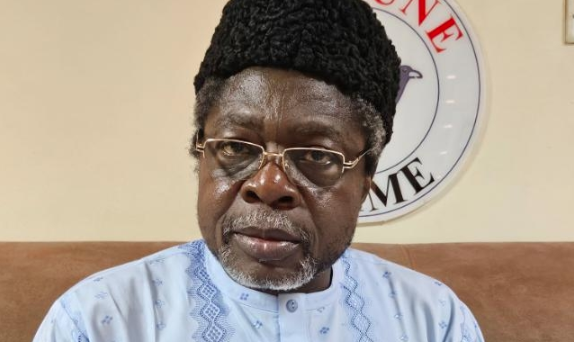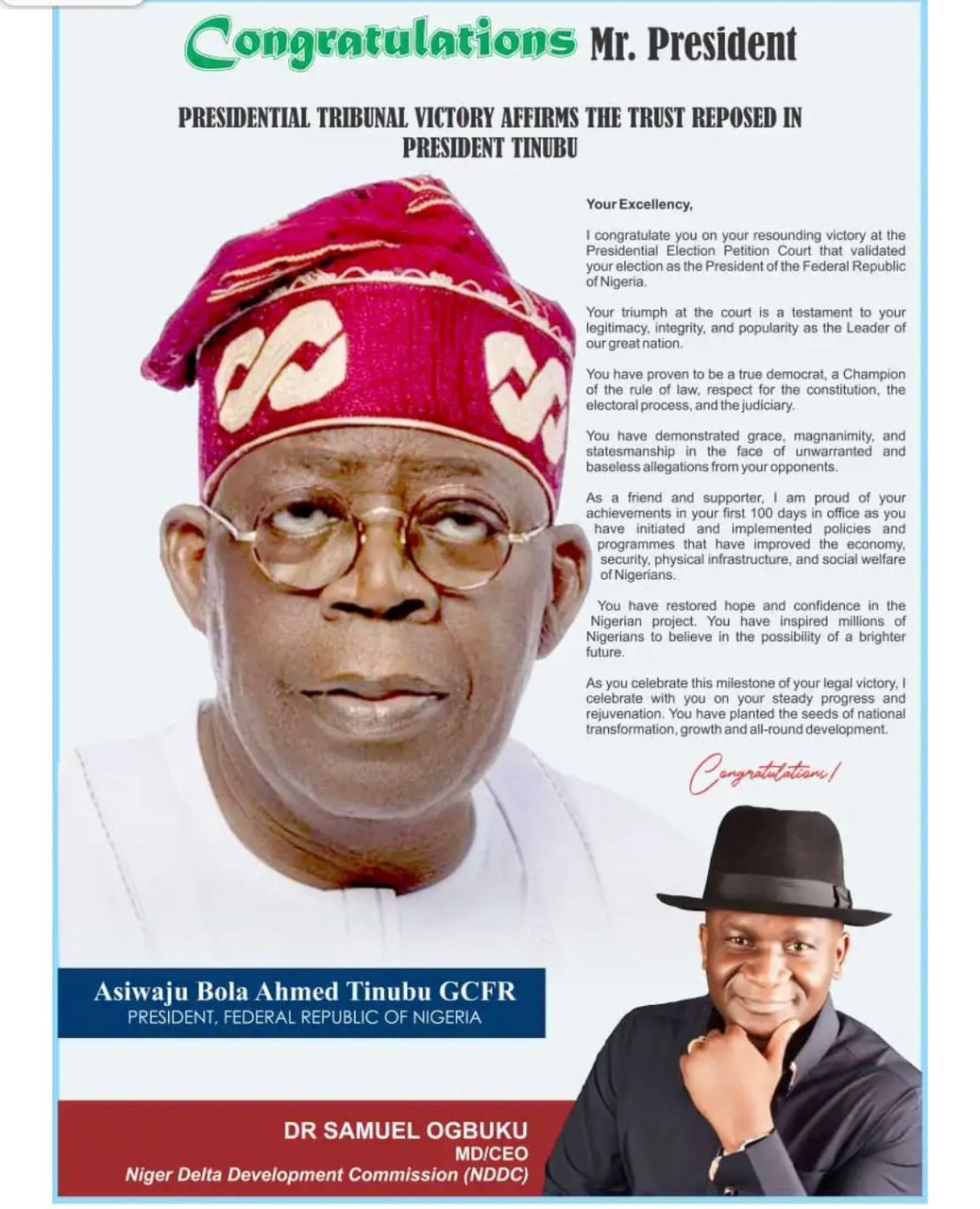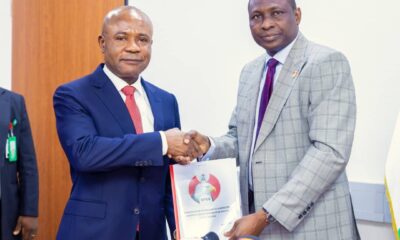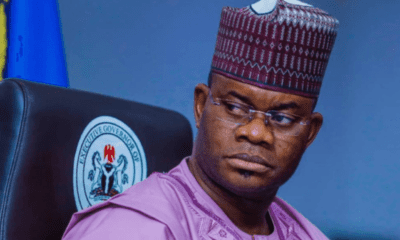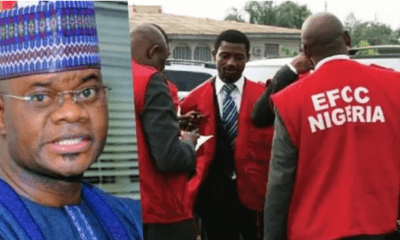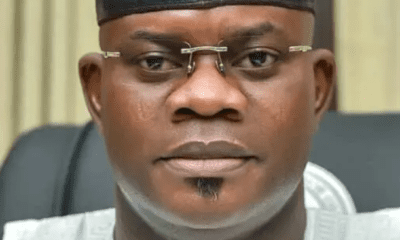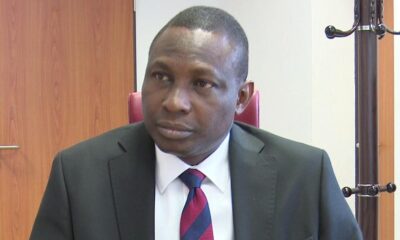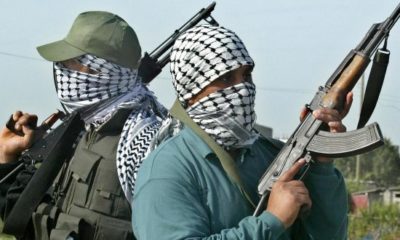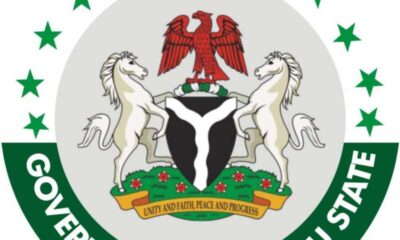Money is perhaps a homeless vagrant. It has no nationality or permanent homestead in real terms. It goes and stays only where its masters are wise, prudent and far sighted. But in a world dominated by nations and their interests, real money is first a national asset and tool of governance and sovereign assertion. When money thus becomes a source of power, the nation whose flag the conquering company flies shows up to claim its own. Apple, Microsoft, Tesla, Coca Cola are synonymous with America. It is not because every American can walk off with a can of Coke from the supermarket without paying for it but because somewhere along the way, brand and nation have become fused and interchangeable. Every successful Business may aspire to an international identity but when the chips are down, every successful business needs to be anchored first on a specific sense of sovereign belonging. Ultimately, then, the companies to which sovereign wealth is usually ascribed have a final responsibility to that nation or sovereignty in times of trouble or goodness.
Make no mistake about it. Businesses are in business to succeed as businesses. To succeed as a business is to make tons of profit and invest in even more business and wealth creation. Sensible companies do not always overtly toe the government’s line. They instead buy into the hearts and minds of the citizens through the products they offer and how friendly their prices are.
Two Nigerian brands have recently stepped forward to identify with the citizens of our country in this moment of grave challenge and desperate self -inflicted hardship. Dangote and Air Peace are now on record as having risen to use their products, brand presence and pricing strategies to identify with and ameliorate some of the harrowing difficulties that Nigerians are currently going through.
The worst moments of our present economic travail may not be over just yet. The epidemic of hunger still looms over the land. Innocent people are still being trampled to needless death at palliative food centers. Some are getting squeezed to death while scrambling for tiny free cash. Inflation figures just got even worse at over 33.4%. Those who fled the country in awe of rampaging hardship have not yet started returning or regretting their decisions to flee. Most Nigerians, rich and poor alike, are still needing to be convinced that the curse of recent hopelessness can be reversed any time soon.
Yet out of the darkness and gloom that now pervades our national mood, a tinge of sweetness has begun to seep into the air. The exchange rate of the Naira to major currencies has begun heading south. The dollar, which at the worst moments in recent times exchanged for as low as N2,300 to a US dollar, has climbed up in value. As at the time of this writing, a little over N1,000 can fetch you the same miserable US dollar. That may not sound like paradise yet since it is still worse than the worst of the Daura emperor. Most Nigerians are praying that Tinubu should minimally take us back to the Buhari days in terms of the exchange rate and relative food security. We are still far from there.
What has Dangote got to do with it all? The removal of fuel subsidy had unleashed an astronomical hike in energy and fuel prices. While motorists and transporters wept and wailed at the gas stations, the price of nearly everything else went through the roof. Since public power supply remains as epileptic or absent as in the 1970s or worse, we have been living in a virtual generator republic that is dependent on diesel and petrol generators. The price of diesel in particular jumped through the roof. Industrial production suffered just as transportation and haulage costs became unbearable. Every high cost was passed down to the suffocating hapless citizens.
Fortuitously, the gigantic Dangote refinery complex was coming on stream in a time of great difficulty. Somehow, the hope was alive that the Dangote refinery would come on stream with a bit of good news on the pricing of gasoline and diesel. But no one knew for sure what Mr. Dangote’s cost accountants had in stock especially with the devilish exchange rate that reigned in the first nine months of the Tinubu tenure.
Energy and fuel prices were off the roof. A liter of diesel went for as high as N1,650 in some places. Gasoline was not any better. Those who wanted to keep their homes powered from generators needed troves of cash to procure diesel whose prices kept going up as the dollar exchange rate escalated. Factories fared worse.
Refreshingly, Mr. Aliko Dangote whose mega billion dollar refinery in Lagos has just started producing petroleum products has a bit of good news for all Nigerians. He has reduced the price of diesel from the mountain pe58% to a more considerate N1,000 per liter, nearly a 58% reduction in price in less than a week. The prospect is good that when his gasoline products begin to flow through the pumps. Mr. Dangote may have even better news at the gas stations. Along with his fellow cement oligarchs had promised to deliver cement to Nigerians at a more friendly price. The full benefit of that promise is still a long way away.
It needs to be said in fairness to Dangote as a brand that more than any other single company in Nigeria, it has invested in the things that touch the lives of the people most immediately. Sugar, salt, fertilizer, tomato puree, fruit juices, cement and now petroleum products. No other single Nigerian brand can boast of a wider and more expansive range of socially relevant products than Dangote.
In direct response to the prevailing hunger and hardship in the land, Mr. Dangote has himself stepped forward to provide millions of bags of rice and other food items to Nigerians across the length and breadth of the country as humanitarian palliatives. In terms of the human face of capitalism, Dangote would seem to have perfected an enlightened self interest above his peers.
Just when life was about to gradually grind to a halt, a bit of good news has come from unusual quarters. In a nation that has grown dependent on a feeding bottle tied to the beast of external suppliers of everything from tooth picks to civilized coffee, the belief persisted that all good news can only come from abroad. Nigerians could only hope to enjoy more friendly prices for the things that make them happy if our foreign partners changed their mind. Not any more.
It requires pointing out that the Nigerian spirit is too expansive to be bottled up within our borders just because air tickets are unaffordable. The urban- based Nigerian wants to go abroad for business, on holidays or just to flex!
At the worst of the recent moments, a return Economy Class ticket to nearby London sold for as much as N3.8m-N4million. Major international airlines insisted that the Central Bank had seized and was sitting on their dollar ticket sales proceeds. They needed to keep the high fares to hedge against the uncertainties that were everywhere in the Nigerian air. Nigerian travellers were being punished for the bad fortunes of their national currency and the untidy book keeping habits of the Central Bank.
Almost from nowhere, Nigeria’s largest international airline, Air Peace, announced a low fare flight into London’s Gatwick Airport. The airport itself is also owned by a Nigerian businessman. The fares were unbelievably low, as low as N1.2 million in some cases against the exploitative fares of all the major foreign airlines plying that route. Unbelievably, Air Peace pulled off the London Gatwick deal with quite a bit of fanfare and patriotic noise making that set the foreign competitors scampering back to the drawing board. Air Peace floated the Gatwick fare reduction as a patriotic act, more like social responsibility to fellow Nigerians than the plain business sense which is what it really is. It was a drive for volume in a market of low volume driven by high fares.
To drive home the patriotic edge of its revival of international flights, Air Peace rebranded its crew and adorned its senior cabin crew with uniforms that featured the traditional Igbo “Isi Agu” motif. For those who are hard at hearing, the Isi Agu motif on Nigerian traditional outfits is of Igbo ancestry just as the Aso Oke, Adire and Babanriga are South Western Yoruba and Northern Hausa-Fulani respectively. A Nigerian airline intent on striking a recognizable indigenous resonance and identity could adapt any combination of these traditional dress motifs to drive home its original and national identity. The isi Agu features a series of lion heads, obviously severed at a moment of unusual valor. To go on a hunt and successfully kill and decapitate a lion is an undisputed symbol or infact a metaphor for unusual valour and heroism among the Igbo. Therefore the choice of that motif by Air Peace in its new cabin outfit is in fact a modern statement on the unusual heights to which Nigerian enterprise can rise if inspired by a patriotic commitment to national greatness. The Isi Agu is therefore Nigerian national heroism captured in an outfit.
In their recent pricing strategies, neither Dangote nor Air Peace has acted out of pure charity or patriotic feeling. Both are reacting to the pressure of latent demand in a market where the purchasing power has been depressed by economic difficulty brought about by government policy and political exigencies. Yet each of them is intent on being seen as acting out of altruistic patriotic motives. That may be true in the short term.
For every liter of diesel sold, Dangote is saving the Nigerian consumer 60% of the current market price. A savings of 60% is a lot for households and businesses. Similarly, for every Economy Class ticket sold by Air Peace on the London route, the average Nigerian traveller gets to save between N1.3million-N1.6 million. That is an awful lot of relief which travellers can apply to other competing needs in these hard times. No one can deny that these are direct savings and benefits that accrue directly to Nigerian citizens. To that extent, both Dangote and Air Peace can be said to be applying their capital to serve a patriotic end.
It is common capitalist gimmick for companies to apply a percentage of their profit to pursue communally beneficial ends in their territory of operation. Oil companies build schools, hospitals, libraries and other socially beneficial infrastructure in their catchment localities. In normal corporate parlance, that only qualifies as Corporate Social Responsibility(CSR) or targeted social beneficence.
But Dangote and Air Peace are doing something a bit more far reaching. They are shedding handsome percentages of their revenue and therefore profit to fellow Nigerians at a time when such savings are desperately needed and deeply appreciated. That is an instance of capitalism serving a patriotic end over and above its statutory tax obligations to the government. This should be commended.
It does not ,however, make these companies any less rapacious as capitalist ventures than any others. They may in fact be investing in better times and bigger profits when the bad days are over. They are investing in the goodwill of the market and therefore deepening their brand penetration and mass sympathy. These are strategies which are far sighted marketing ploys that dig deep into the hearts and minds of generations of consumers.
Ultimately, every capitalist is like a cat; selfish with nine lives and prone to inherent cunning. But, as former Chinese leader Deng Zao Ping said when embracing the free market for his long standing communist nation: “A cat is a cat. It does not matter whether it is a black cat or a white cat. For as long as it catches mice, it is a good cat.”






